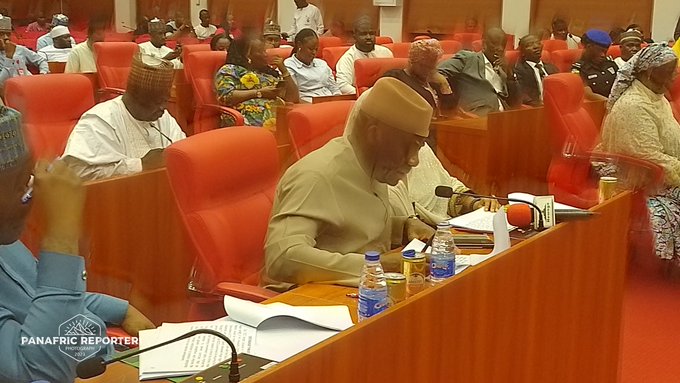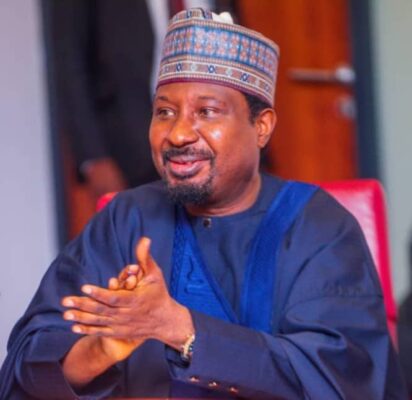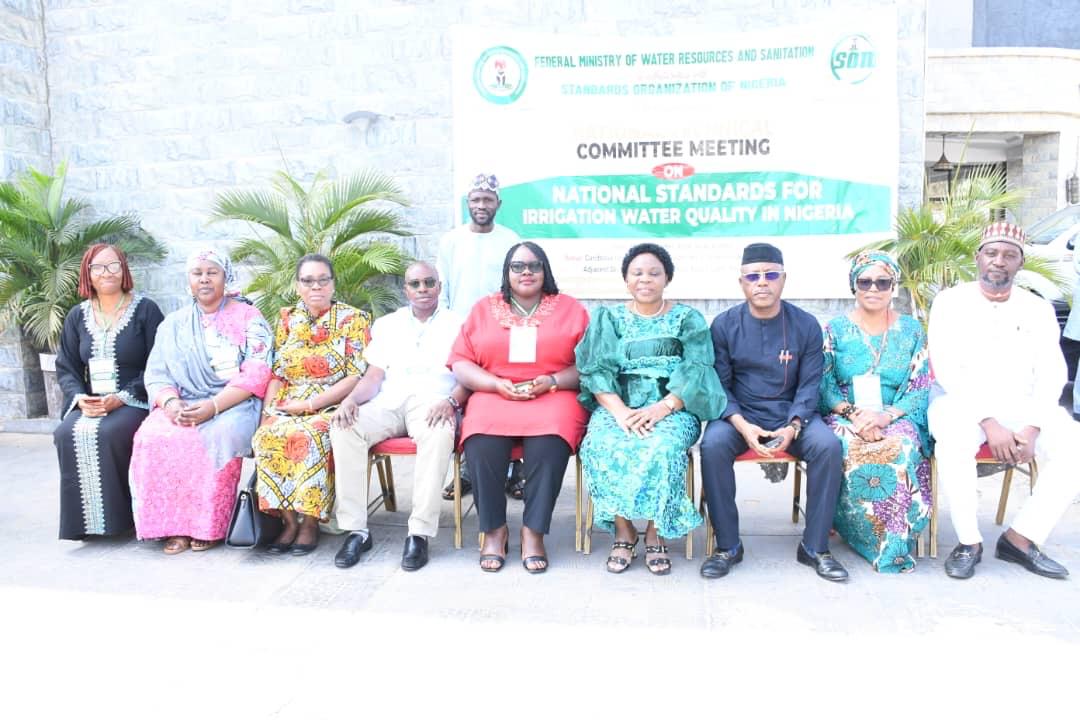
The Minister of Education, Dr. Olatunji Alausa, has announced that the Federal Government is collaborating with state governors to address the alarming issue of out-of-school children across Nigeria.
Speaking at the 2025 Budget Defence session of the Joint Committee on Tertiary Institutions, TETFund, and Education on Tuesday in Abuja, Alausa emphasized the need for a collective effort to resolve the crisis.
He revealed that the ministry had engaged with state governors and commissioners for education from all six geopolitical zones, including the Federal Capital Territory (FCT), to develop lasting solutions.
“This must be a collaborative effort. The number of out-of-school children is staggering and deeply concerning. It is not limited to a particular region it is a nationwide problem.
“If we fail to confront it now, we risk being overwhelmed by its consequences. We have engaged with the Nigerian Governors’ Forum to strengthen our partnership, and we are working closely with all 36 state commissioners for education, including the FCT.”
Alausa also expressed concern over the neglect of Almajiri schools established during former President Goodluck Jonathan’s administration, calling for their revival.
“Out of over 100 schools built for out-of-school children, only a handful remain operational. The funding allocated to the Almajiri and Out-of-School Children Commission is insufficient. We need increased investment in this area,” he stated.
The minister further underscored the importance of human capital development in strengthening Nigeria’s education sector.
“Education is the backbone of any society. Without it, we cannot thrive. Unfortunately, Nigeria ranks among the lowest globally in human capital development. We must change this narrative by prioritizing education.”
READ ALSO: Strong Political Will Needed to End Open Defecation in Nigeria – FG highlights
FG Launches Youth Farmers Enrollment Portal
In his remarks, Senator Muntari Dandutse, Chairman of the Senate Committee on Tertiary Institutions and TETFund, highlighted the crucial role of education in national progress.
“As lawmakers, we have a constitutional duty to ensure that resources allocated to this critical sector are strategically planned and utilized.”
Dandutse noted that the 2025 budget should provide a clear roadmap for addressing gaps identified in the 2024 Appropriation while introducing innovative strategies to tackle emerging challenges in the education sector.





